Family reunions. Fancy meals. The holidays provide the perfect opportunity to teach your child basic manners.
Two- and three-year-olds have many wonderful qualities, but tact isn’t one of them. If you’re like most parents, you’re used to reminding your child not to hog toys during play dates or talk with her mouth full at meals.
During the holidays, though, these everyday behaviors can suddenly seem glaring. While it’s merely frustrating if your little one shouts “Gross!” when tasting a new food at home, for example, it’s downright humiliating when he’s sampling your aunt’s famous green-bean casserole. And as bad as it is when he asks an embarrassing question about a stranger in a store, it’s ten times worse when he wonders aloud why his cousin has big ears.
Luckily, it’s not too late to head off such scenarios—or at least do some damage control. Just teach some etiquette ABCs.
The keys are to set a good example and keep things simple. “Young kids don’t need long explanations of why good etiquette is important—they need clear rules,”
Saying “please” and “thank you.”
Even a 2-year-old can be coached to use these words, but it’ll be a while before they become automatic. If your child wants seconds of supper (oh, who are we kidding, of dessert) and says, “More!” restate her request (“May I have more, please?”). Another tactic: Make a game of it by putting your hand to your ear and saying, “I’m waiting for the magic word.” When a relative gives her a holiday present, gently prompt: “And what do you say?” (If she can’t remember, thank the giver on her behalf; she may gradually internalize the process.)
Greeting new people politely.
Before a holiday get-together, explain to your child who’ll be there and how you want him to behave. Say, “We’re going to see Uncle Abe, and we’re going to say, ‘Hello,’ when we meet him.” It’ll probably take him a little while to get the hang of it—some days he may still be clingy and shy. (Perhaps you can get him to wave hello instead.) When he’s a little older, closer to 4 than 3, consider expanding his repertoire with “How are you?” and a handshake.
Not pointing at others or asking embarrassing questions about them.
Start by teaching about basic kindness. One way: As you read books or watch TV shows together, express your opinions about characters’ actions (“It wasn’t very nice when Swiper did that to Dora”). If she still, say, giggles at someone’s big nose, tell her, “In our family, we do not point at or laugh at people.”
If your three-year-old makes a blunt comment or asks a cringe-inducing question about someone within their earshot, answer calmly—”Yes, that man is bald, but that doesn’t make him silly.” When you’re in private, don’t scold your child, but do calmly explain that she probably made the person uncomfortable.
Practicing basic table manners.
At this age, your child can learn to use a napkin and to refrain from playing with his food or speaking with his mouth full. Again, gentle reminders are important: “See how Grandma puts her napkin on her lap? Let me see you do that!” If he says, “Yuck!” to a dish, politely correct him by saying, “What I’d like you to say is, ‘I don’t care for carrots.’ ”
Staying at the table.
Even if your child can’t sit still until everyone finishes a big holiday meal, she ought to be able to stay in her seat until she’s done with her own food, Dr. Wagner says. Start by having her sit for a few minutes longer than usual, gradually increasing the time. Include her in your conversation so she’ll want to linger.
Being a polite playmate.
Young kids can’t always grasp the concept of sharing or taking turns, and if it’s a holiday morning and toys are piled high, chaos is twice as likely to break out. So accept the fact that they’ll need a lot of adult help to make things go smoothly, and set some ground rules: Everybody takes a turn with each toy; nobody is allowed to hit, shove, or call names. If the rules are violated, give a warning and, if necessary, a time-out.

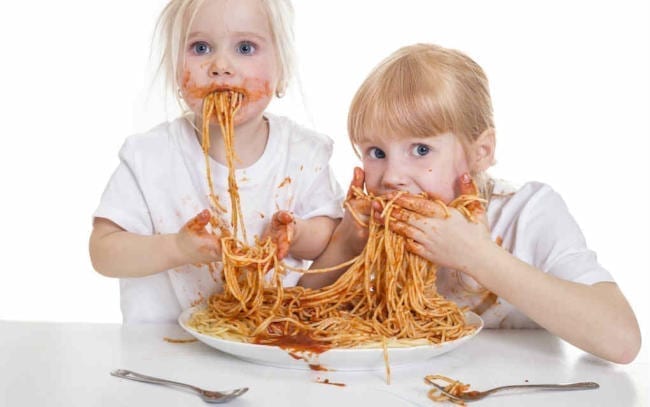
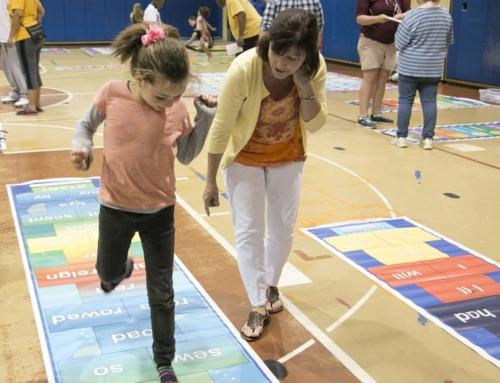
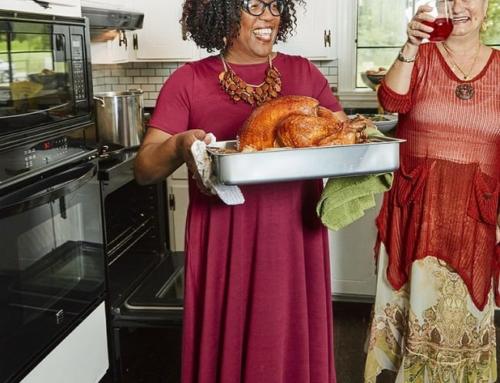
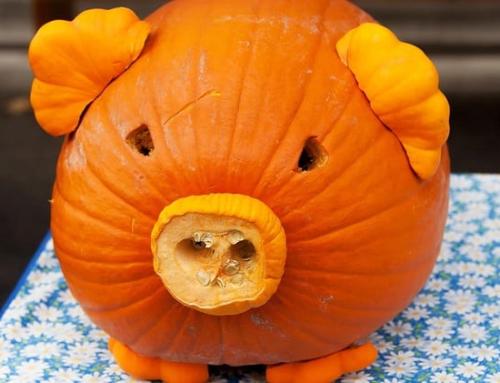

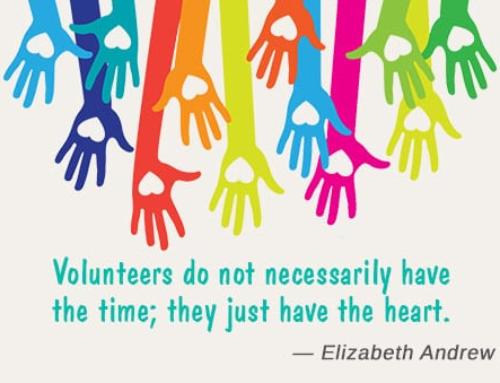
Leave A Comment